Tag: Software Development
-
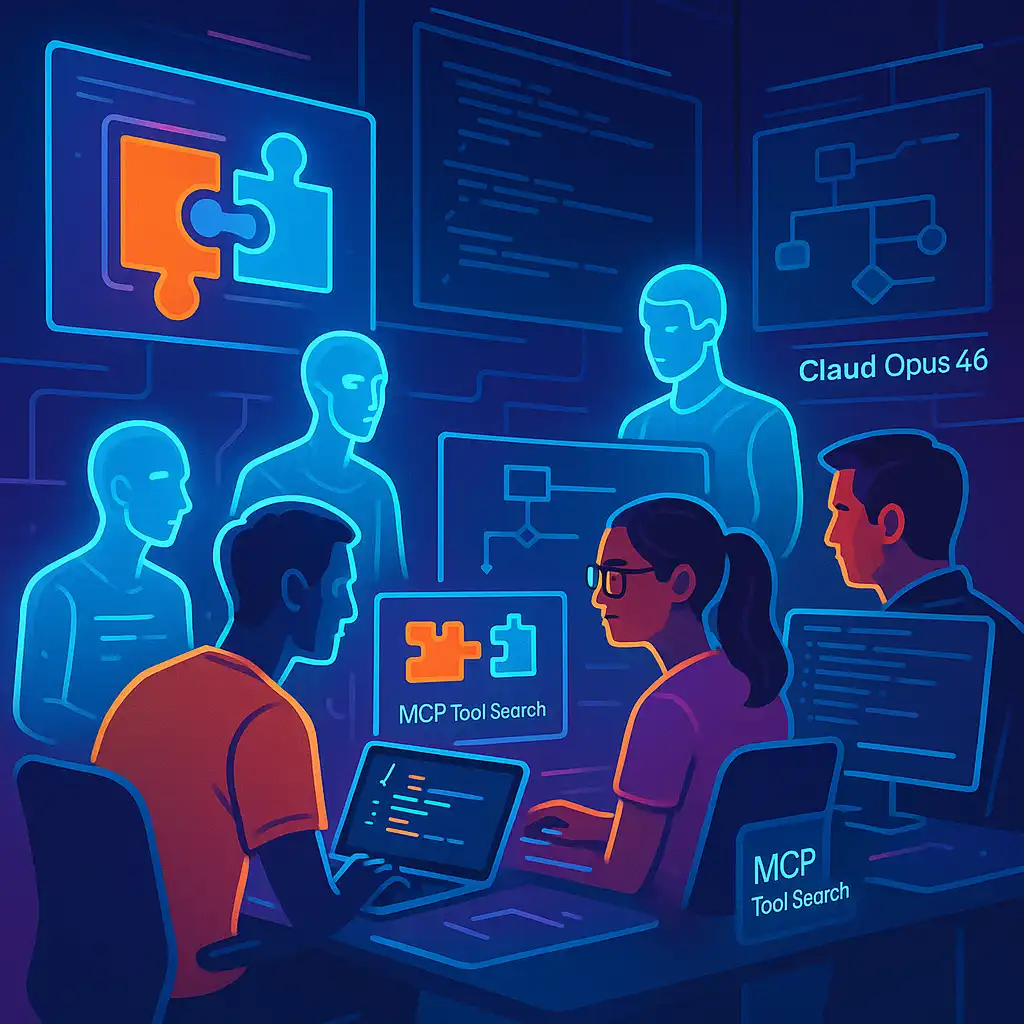
From vibecoding to agent teams: Practical playbooks for Claude Opus 4.6 and MCP Tool Search
Over the last 18 months, coding with AI has shifted from novelty to normal. With Claude Opus 4.6, Anthropic is pushing that shift further—from “vibecoding” to what they’re calling “vibe working,” where agent systems sustain longer tasks and ship production-quality outputs [4]. Opus 4.6 improves planning, code review, and debugging in large codebases, pulls relevant…
-

Is 2026 the Year of Desktop Linux? Unpacking the Latest Developments
For as long as I’ve been in tech, the phrase “The Year of Desktop Linux” has been bandied about more often than I care to count. Yet, as we move into 2026, something feels different. The Linux desktop landscape is seeing a burst of new energy: innovative distributions, maturing desktop environments, hardware vendors giving us…
-
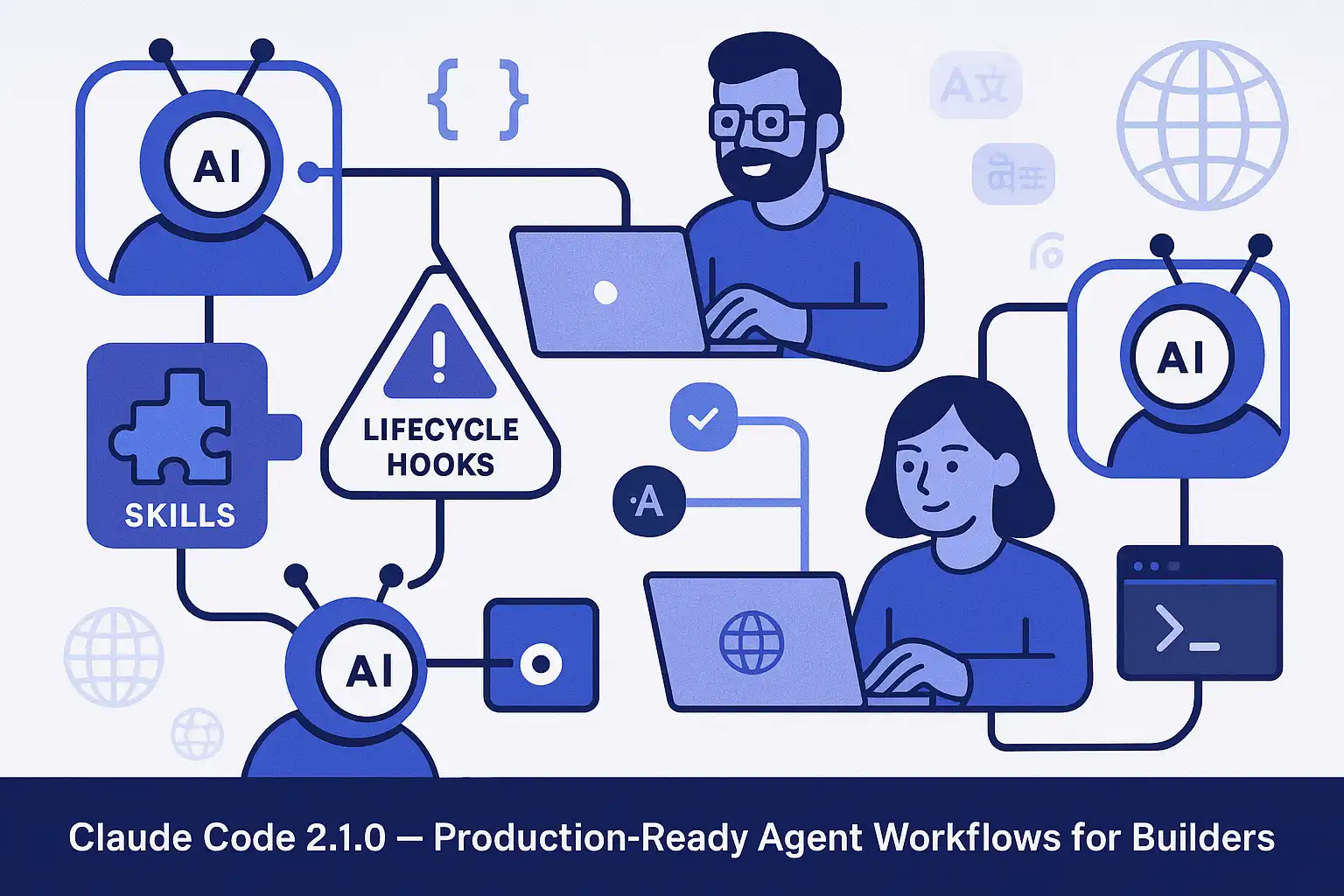
Claude Code 2.1.0 for Builders: Hooks, Skills, and Production-Ready Agent Workflows
I’ve spent the past year shipping with AI coding agents, and Claude Code 2.1.0 is the first release that truly treats “agent ops” as an engineering discipline, not a demo. Anthropic added lifecycle hooks, reusable skills, portable sessions, smarter tool permissions, and multilingual responses—features that cut the yak-shaving required to take agents from a chat…
-
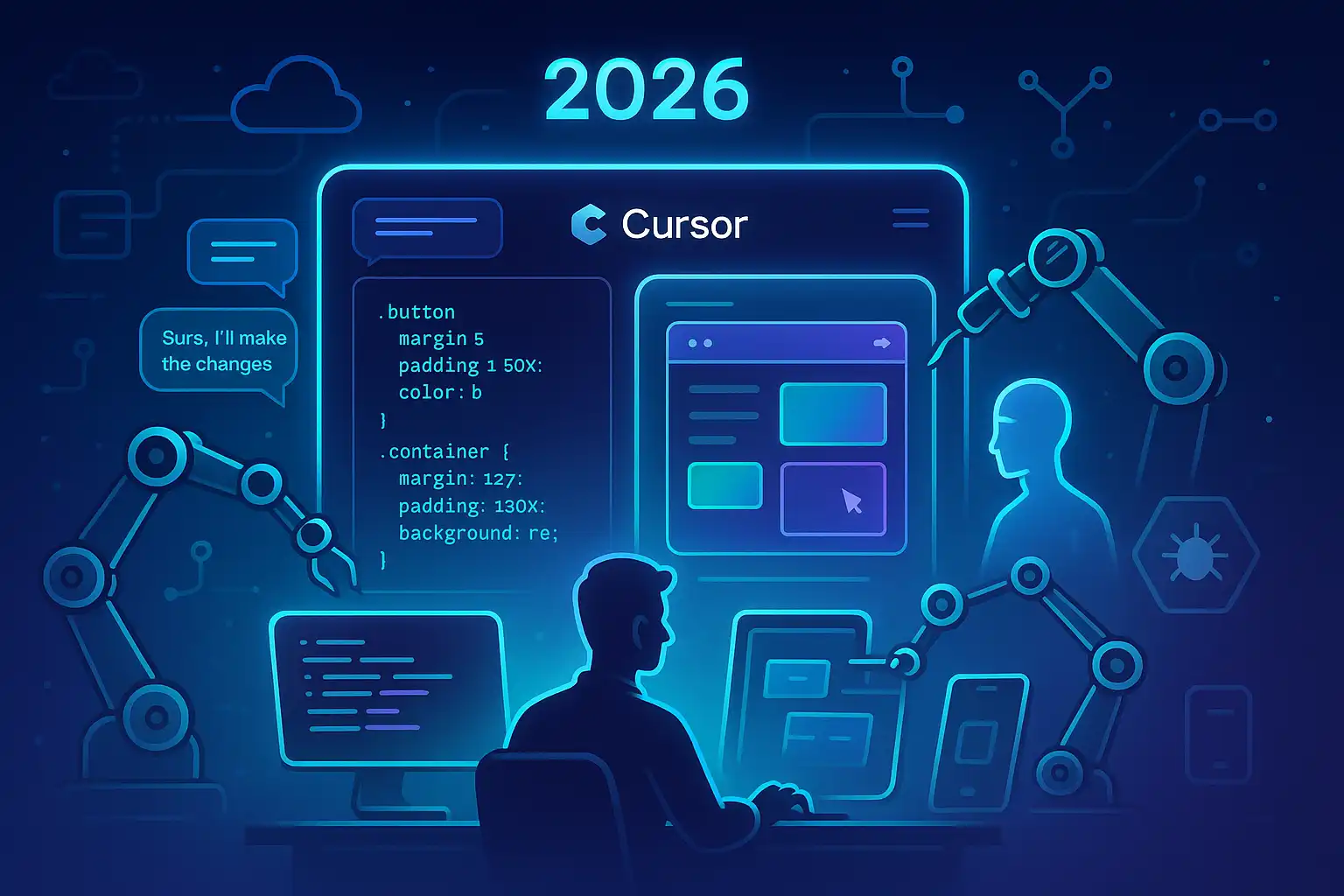
How I Use Cursor AI to Ship Faster: A Web Developer’s Playbook for 2026
Cursor is the first editor I’ve used that consistently feels like a teammate instead of a tool. Between rapid inline suggestions, an embedded chat that actually understands my codebase, and agents that can run tasks in the background, it helps me move from “idea” to “shipped” with fewer context switches. What’s new and why it…
-

From Copilots to Crews: Building a Secure, Observable Agentic Dev Stack in 2026
AI coding agents have crossed a threshold: they’re no longer just autocomplete for code—they’re planning, executing, testing, and validating end-to-end features like a small team. Top-tier reasoning models such as GPT-5.2 and Claude Opus 4.5 are being paired with orchestration that routes “hard thinking” to expensive models and simpler work to cheaper ones, a pragmatic…
-

Agentic AI in 2026: From Hype to Real-World Impact
The rise of agentic AI—intelligent systems capable of autonomous action and multi-step problem solving—has moved rapidly from theoretical promise to practical deployment. In 2026, we are witnessing a surge in adoption across industries, transforming how organizations build software, automate workflows, and manage complex operations. What is Agentic AI? Agentic AI refers to systems that can…
-
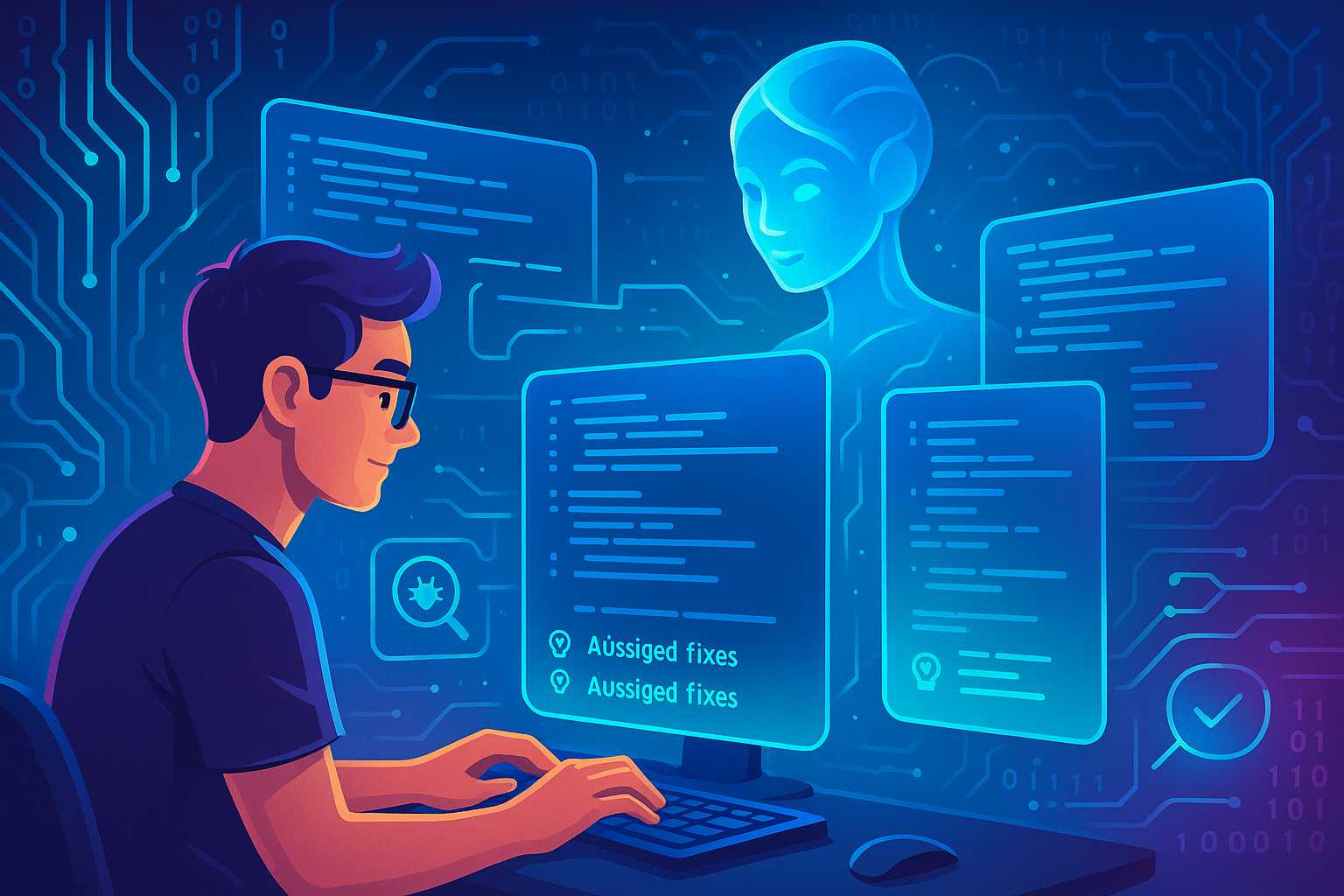
Debugging with AI Coding Agents: A New Paradigm for Problem Solving
For decades, debugging has been one of the most mentally taxing tasks in software development. Developers sift through logs, insert breakpoints, and attempt to reproduce subtle bugs. But the landscape is changing rapidly with the advent of AI coding agents—advanced systems that can help track down, explain, and even fix code defects. In this article,…
-

Collaborative Coding with AI Agents: Strengthening Team Workflows
AI coding agents are rapidly transforming solo development, but their benefits are even more pronounced in collaborative environments. In this article, we’ll explore practical strategies for teams to leverage AI agents, from code review assistance to enhanced documentation and streamlined handoffs. AI-Powered Code Review Assistance Traditional code reviews can be a bottleneck, especially in distributed…
-
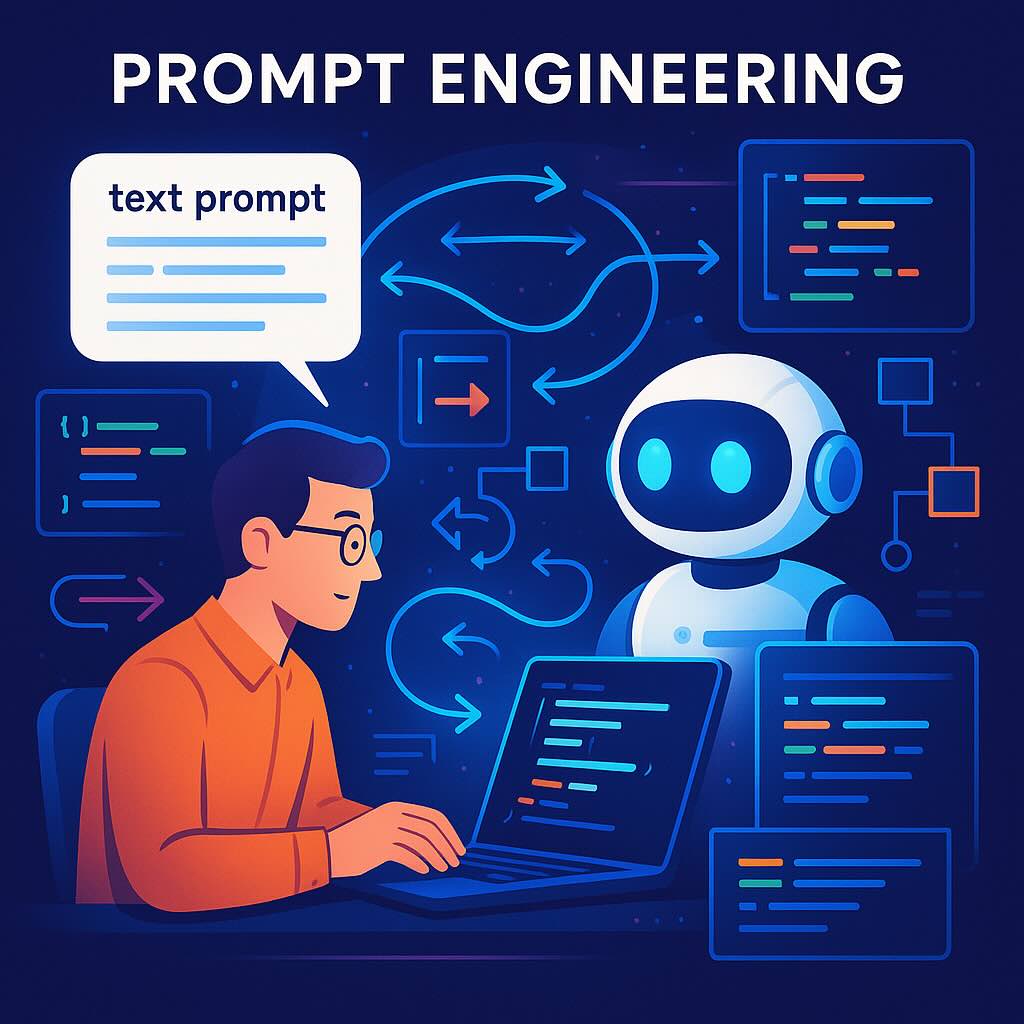
Prompt Engineering for AI Coding Agents: Best Practices and Pitfalls
As AI coding agents become ubiquitous tools in modern software development, the way developers interact with them is undergoing a quiet revolution. No longer are we simply writing code—now, we craft prompts: concise, context-rich instructions that steer AI agents toward our desired outcomes. In this article, I’ll share best practices and common pitfalls for prompt…
-
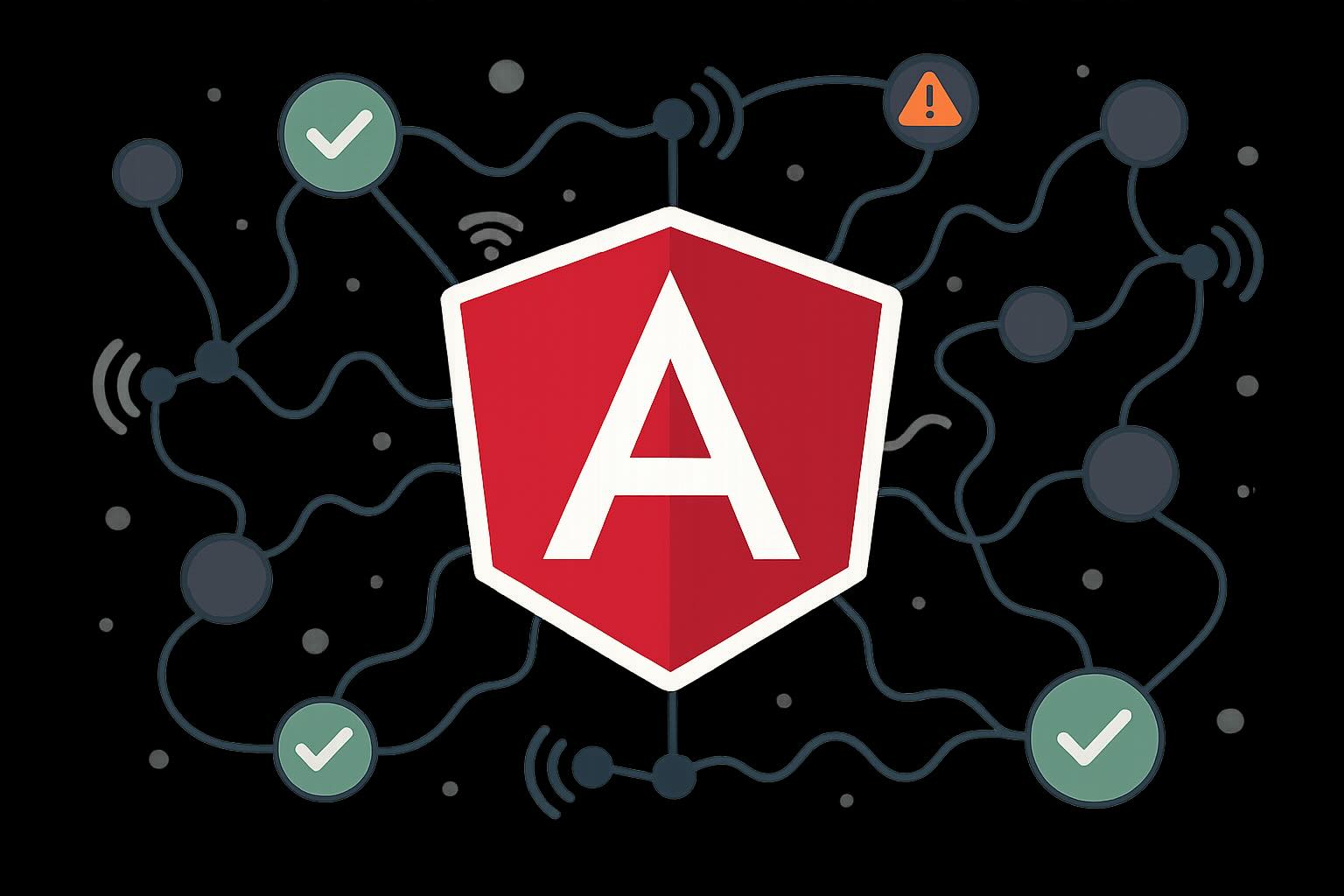
Top 5 Common Pitfalls When Using Angular Signals—and How to Avoid Them
Angular Signals are a hot topic in the Angular ecosystem, promising more granular reactive change detection and increased performance. However, as with any new pattern, integrating Signals into real-world applications comes with its own set of challenges. In this article, we’ll walk through five of the most common mistakes developers encounter when working with Angular…
